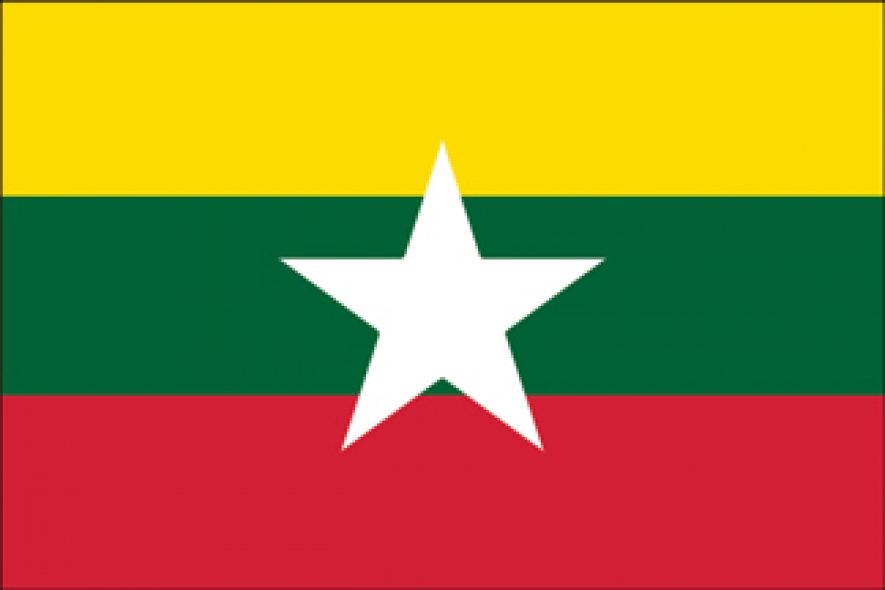But the most active rebel groups have stayed out of the deal - seven of the 15 groups involved in negotiations.
Myanmar, also known as Burma, has been engaged in armed conflict with various groups seeking greater autonomy since independence from the British in 1948.
The government hopes Thursday's deal will be the first step on a path to a lasting political settlement.
Among the groups which have not signed are the largest armed group, the United Wa State Army (UWSA), and the Kachin Independence Organisation (KIO), whose Kachin Independence Army (KIA) controls large areas of north-eastern Kachin state and regularly clashes with the Burmese army.
Political discussions are now due to begin within months on the structure of a new, and likely more federal, system of government, reported BBC. Earlier this week, all of the groups signing were removed from the government's list of "unlawful associations", a step towards bringing them into mainstream politics.
The Karen National Liberation Army (KNLA) Peace Council, the Arakan Liberation Party (ALP), the Chin National Front (CNF), the Pa-O National Liberation Organisation (PNLO), and the Democratic Karen Benevolent Army (DKBA) were removed from the list on Tuesday. They joined three other armed groups removed on Monday: the All Burma Students' Democratic Front (ABSDF), the Restoration Council of Shan State (RCSS), and the Karen National Union (KNU) - Myanmar's oldest armed group, which has been fighting for nearly seven decades.
BBC has reported that negotiators have told BBC correspondents that the seven groups which have not signed are not far behind, and have agreed a draft deal.
Many of the country's ethnic minority groups have long demanded greater autonomy, or outright independence, from central government, which is dominated by the Burmese majority.
Opposition leader Aung San Suu Kyi, who has previously urged rebel groups to focus more on a lasting deal than a quick one, was not at the signing ceremony.
State media had reported that representatives from the European Union, India, China, Japan, and the United Nations would be at the signing.



















